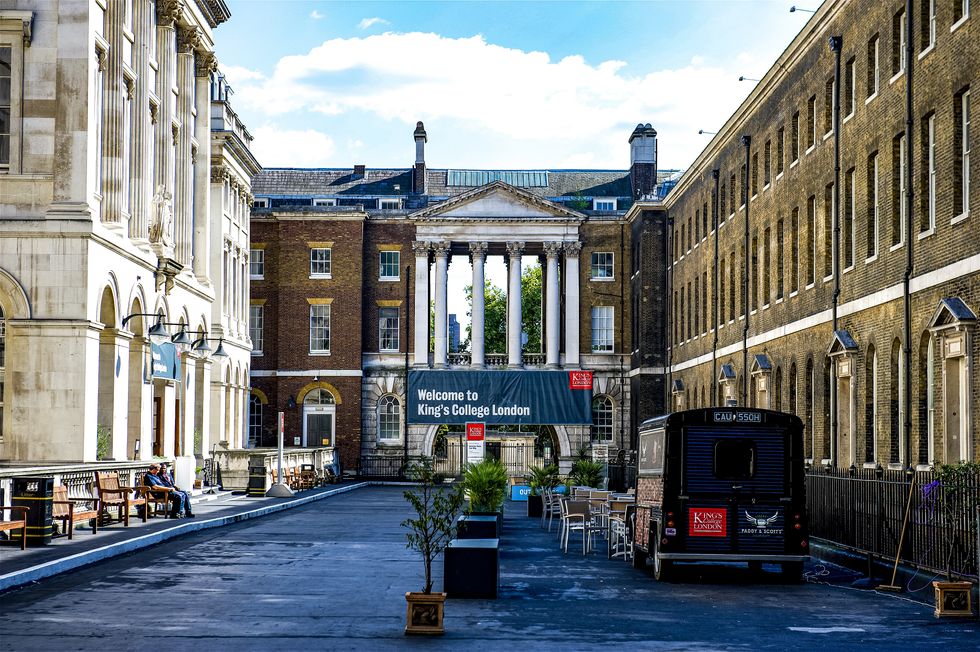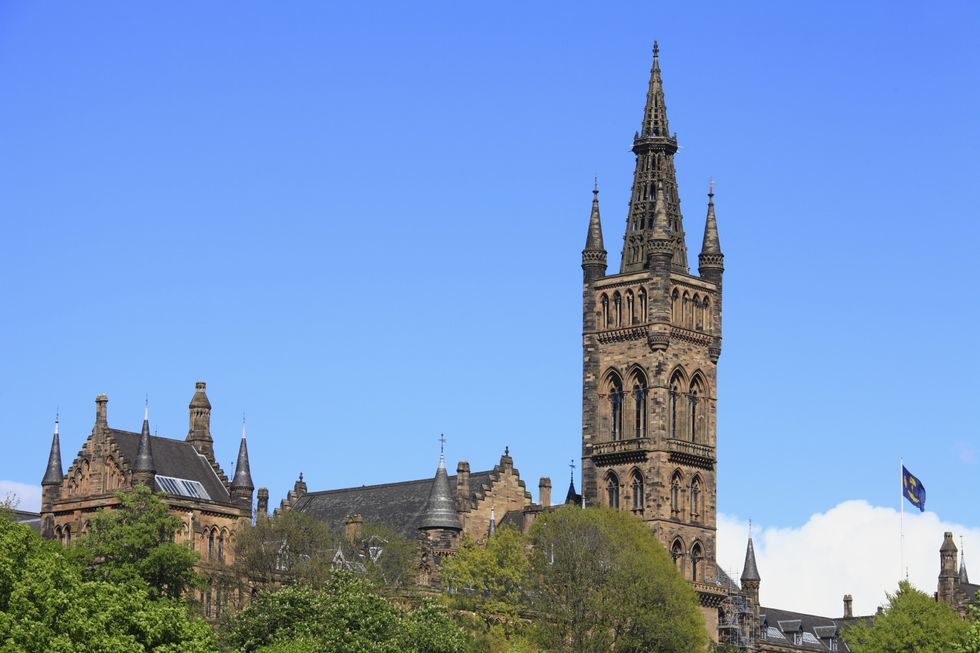Students are self-censoring themselves out of fears they will be cancelled for expressing views that challenge mainstream campus thinking.
When Charlotte Tredgett won a place at Kings College London to study philosophy, she expected thoughtful exchanges and heated debates about pressing moral and ethical questions.
The university prospectus had promised to “equip students with the skills to develop, analyse and communicate arguments” in a “focused environment with plenty of feedback and discussion.”
The reality proved starkly different.

Students at UK universities are self-censoring themselves out of fears they will be cancelled
Getty
“When classes started, it became abundantly clear that fellow students did not welcome views questioning the prevailing ideologies around gender, religion, capitalism or colonialism,” the student from Colchester told The Telegraph.
Students found themselves unable to speak freely, fearing social consequences for expressing views that challenged mainstream campus thinking.
A one-hour gender philosophy seminar illustrated the extent of this self-censorship.
“It was the most silent seminar I’ve ever attended,” says Tredgett, 20. “We had read an academic paper and were supposed to talk about it, but barely a word was said.”
MORE LIKE THIS:

King’s College London’s prospectus had promised to ‘equip students with the skills to develop, analyse and communicate arguments’ in a ‘focused environment with plenty of feedback and discussion’
Getty
The teaching assistant resorted to answering his own questions after 30-second silences.
Tredgett’s experience of social ostracism began when she revealed her Brexit views to flatmates.
They filmed her explaining her position on EU sovereignty, sharing the footage with others.
“There were groups of people whom I had never met who knew me as the racist girl,” she said. “If you disagree with prevailing ideological views, you are not just wrong, you are morally wrong and evil.”
Research supports these campus concerns. A Higher Education Policy Institute study found students have become “significantly less supportive of free expression” between 2016 and 2022.
The study revealed 38 per cent believed universities were becoming less tolerant of diverse viewpoints, rising to 51 per cent among male students.

McKee, a psychology student at the University of Glasgow, sees concerning trends in her field of study
Getty
A global academic poll found 80 per cent of UK academics agreed free speech was more limited than a decade ago.
University leaders are acknowledging the issue. Robert Van de Noort, vice-chancellor of the University of Reading, recently warned MPs about “rigid ideas and self-censorship” creating echo chambers on campus.
The Higher Education (Freedom of Speech) Bill, designed to protect campus free speech, has been paused by the Labour Government.
Some students are beginning to challenge this culture of silence. Heather McKee, 44, leads the student branch of Academics For Academic Freedom (AFAF), which has attracted over 1,700 social media followers.
McKee, a psychology student at the University of Glasgow, sees concerning trends in her field of study.
She cites examples of clinical psychology students being taught critical race theory as undisputed fact rather than contested theory.
Both McKee and Tredgett acknowledge speaking out could impact their academic and professional futures.
“There is a shockingly militant echo chamber within the communities of people that are supposed to be pursuing truth,” warns Tredgett. “This is not hysteria, and it is not a small number of cases. It is real and is happening all over the country.”